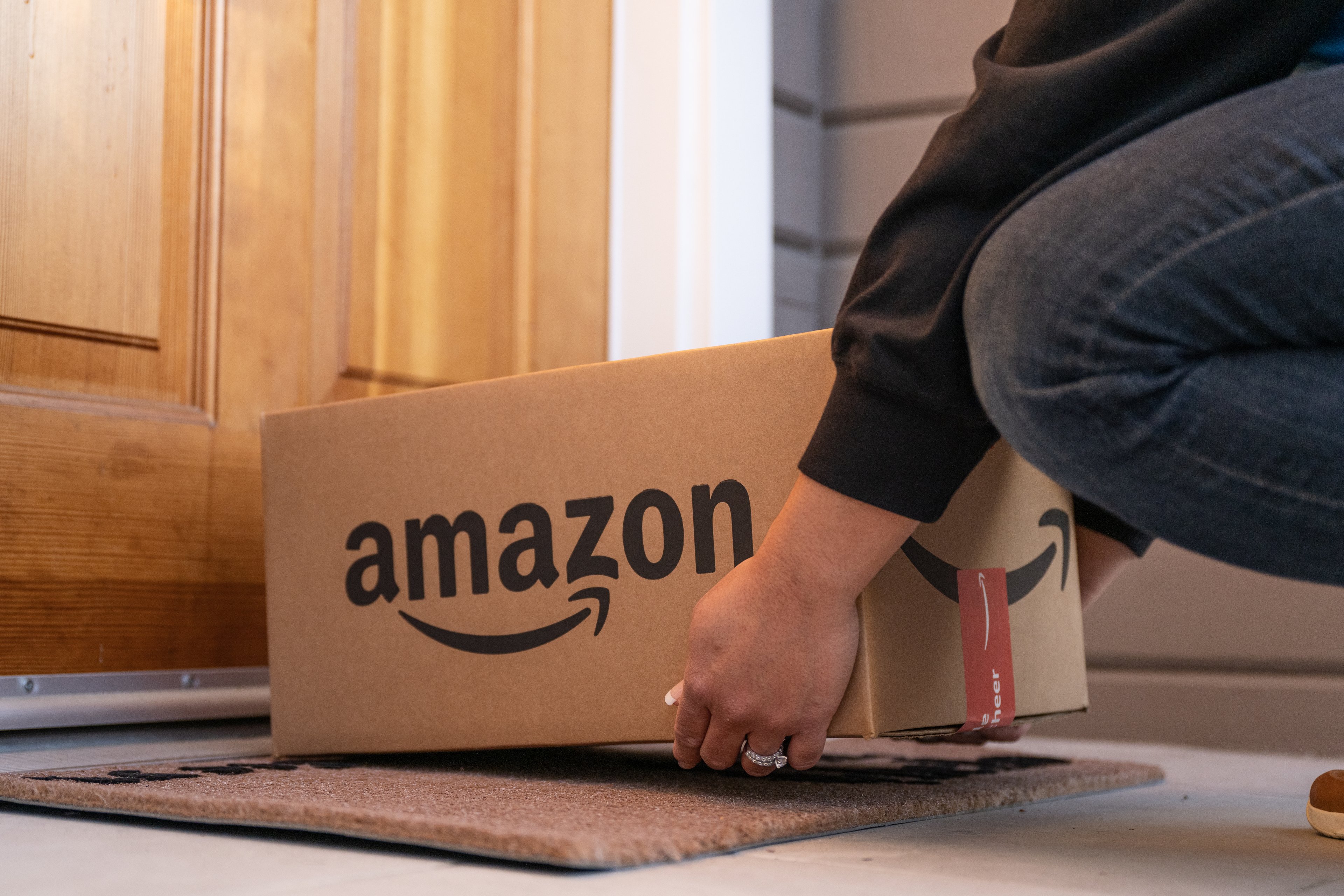As if Amazon.com's (AMZN 0.48%) Web Services division wasn't already growing fast enough, the web giant is back throwing its weight around again.
On Thursday, Amazon unveiled Zocalo, a fully managed enterprise storage and sharing service, complete with administrative controls and feedback capabilities. With Zocalo, Amazon lets users store, share, and gather feedback on everything from documents to spreadsheets, webpages, presentations, images, PDFs and text files. Translation? This is Amazon's entrance into the already-crowded space currently being occupied by the likes of Box, Dropbox, and Microsoft OneDrive, and Google Drive.
But if the infrastructure is there, why not use it? According to Amazon Zocalo and Web Services GM Noah Eisner, "AWS was increasingly being asked to provide an enterprise storage and sharing tool that was easy to use, allowed users to quickly collaborate with others, and met the strict security needs of their organizations. That's what Amazon Zocalo was built to do."
For perspective, here's a quick intro to Zocalo uploaded by Amazon this morning:
To be sure, all the usual bells and whistles of an enterprise-centric storage solution are there. But administrators can also delight in managing Zocalo, which is encrypted in transit and at rest, offers easy-to-set, user-specific sharing policies, and can integrate with existing corporate Active Directory accounts so users can utilize their existing enterprise credentials. And users can access and sync data stored in Zocalo on any device, including laptops, iPad, Kindle Fire, and Android tablets.
In true Amazon fashion, Zocalo priced aggressively at just $5 per user per month, with each user allotted 200 GB of storage -- and that's on top of a free 30-day trial with 200 GB storage for up to 50 users. For Amazon WorkSpaces customers, Zocalo is free for up to 50 GB of storage, or $2 per user per month for up to 200 GB.
By comparison, Box charges the same $5 per user per month for its Starter plan, but it only allows for a maximum of 10 users and 100 GB storage and doesn't include Active Directory integration. To get that, Box users need to upgrade to its Business plan for $15 per user/per month, which requires at least 5 users and allows for a 1000 GB storage. Dropbox similarly offers a 1000 GB, $15 per user per month plan.
Here's why Amazon is diving in head-first
So what does Amazon have to gain? For one, the enterprise cloud storage and collaboration market is growing quickly.
Before Box first delayed its IPO in May, for example, its S-1 registration statement revealed its annual revenue most recently grew 111% to $124.2 million in fiscal 2013. As Box invested heavily to capture market share, however, it incurred a massive net loss of $168.6 million over the same period. Even so, only a few days ago Box raised another $150 million in private equity funding which valued it at roughly $2.4 billion.
And back in February, SEC filings revealed that Dropbox had raised another $325 million, and all amid speculation it was seeking a potential IPO valuation of at least $8 billion on 2013 sales of at least $200 million.
But even putting aside the fact those valuations could be wildly optimistic, you can't blame Amazon for wanting to step in and take a slice of the pie. Amazon still lumps Amazon Web Services revenue into its vague "Other" category, which itself grew nearly 58% year-over-year in its most recent quarter to $1.26 billion. Amazon Web Services is estimated to comprise more than 80% of that total, which already makes it a $4 billion per year business.
In the end, if Amazon can add a few hundred million in incremental revenue through Zocalo without significantly distracting from its core businesses, there's no reason this move can't be a big win for shareholders over the long-term.









